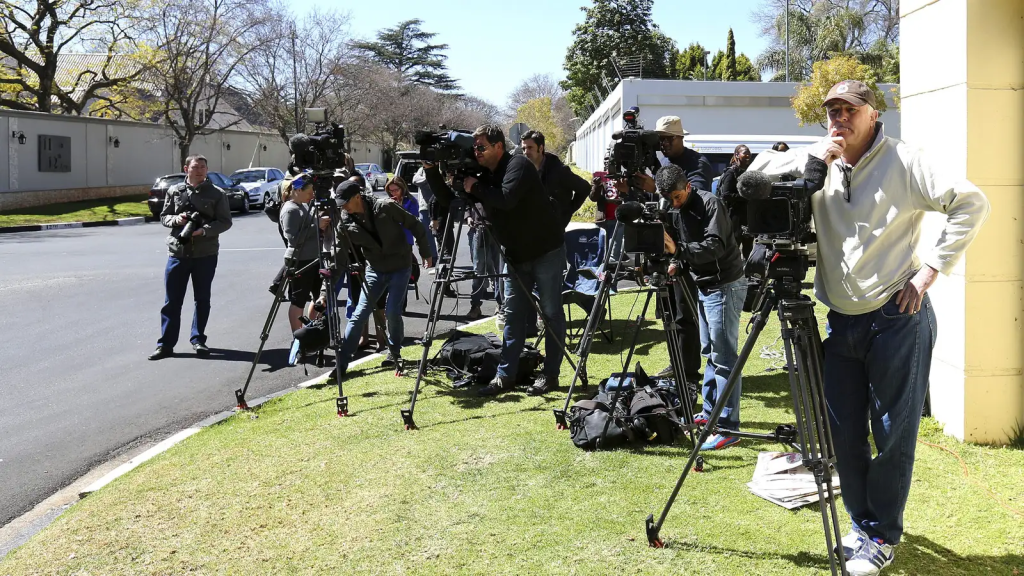Africa faces annual losses of up to £3.2bn in inflated interest on sovereign debt due to negative stereotypes perpetuated by international media, a new report has revealed.
The research, conducted by Africa Practice and Africa No Filter, highlights how global media coverage focuses excessively on conflict, corruption, poverty, and poor governance – particularly during elections.
These portrayals increase the perceived risk of investing in African nations, driving up borrowing costs unfairly.
We’ve always known that there’s a cost to the persistent stereotypical media narratives about Africa. Now we’re able to put an actual figure to it.
“The scale of these figures underscores the urgent need to challenge [these] negative stereotypes about Africa and promote a more balanced narrative,” said Moky Makura, executive director of Africa No Filter.
The study compared election coverage in Kenya, Nigeria, South Africa, and Egypt with media reporting on non-African countries like Malaysia, Denmark, and Thailand, which have similar economic and political conditions.
It found that coverage of African elections often focuses on violence, corruption, and political drama, while stories on policies and development are overlooked.
“Typically, election coverage is narrowly focused on the horse race between the incumbent and main opposition party or parties. In Africa, it is often peppered with stories of election violence and rumours of corruption.
“The fixation on election drama rather than the issues at stake is sometimes driven by the desire for headline-grabbing stories. It’s easier to sell stories about tainted politicians and violent clashes than it is to dig into healthcare reform or job creation policies,” Makura added.

The report warns that inflated risk perceptions lead to “unjustifiably” high interest rates for African countries, even those with solid credit ratings.
This “prejudice premium” results in higher loan costs and obscures genuine investment opportunities.
According to Marcus Courage, CEO of Africa Practice, the estimated £3.2 billion annual loss could have been spent on development projects.
“The real commercial opportunity is obscured from international investors because of this risk premium,” Courage explained.
Calls for reform in the global financial system are growing louder, with African leaders urging organisations like the International Monetary Fund (IMF) and World Bank to make capital more accessible.
“There is a recognition that there needs to be reform of the global financial architecture, and we hope that the Bretton Woods institutions [the IMF and World Bank] and others will be working towards making development capital more accessible to the global south, and specifically to Africa.
“There [are signs] of real frustration now on the part of African countries that this agenda is moving too slowly,” Courage said.
To address biased media reporting, Africa No Filter recently launched an election reporting guide to encourage balanced coverage.
Meanwhile, the African Union plans to establish an Africa Credit Rating Agency by next year to provide fairer assessments of risk, moving away from the negative assumptions often made by global rating agencies.


